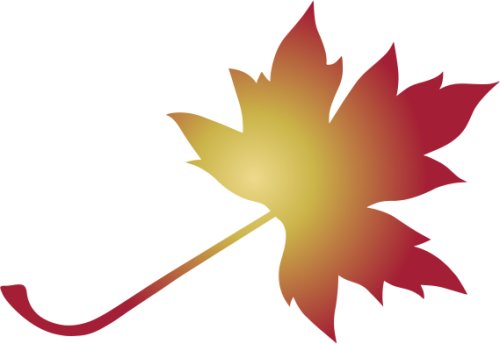End of life planning can help to give yourself peace of mind. By making your final wishes clear, you can help your loved ones feel more organised in the time immediately after your passing.
Bereavement is hard for family and friends, and so is the administration required following a death. If you’ve planned ahead, it will likely be a welcome relief for your loved ones.
A death dossier, also known as a ‘death folder’ or ‘in case of death folder’, assembles the documents your loved ones would have otherwise had to locate themselves after your death. A death dossier can include information about your funeral plan, life insurance policies, will, estate, and more.
What is a death dossier?
A death dossier should include all of the documents that could help your loved ones following your death. Your death dossier should be kept in a safe place in your home, like a safe, or stored securely online. Scanned copies of your documents can be stored via services like Dropbox or Google Drive. Wherever you keep your death dossier, make sure your loved ones know where it is and can access it.
Important documents
Having access to official documents is extremely important for your executors. Typically you should include your birth certificate and marriage or civil partnership records, along with your will.
If you have a funeral plan, you should include the details and paperwork in your death dossier. If you’re a Golden Charter plan holder, you’ll receive a membership pack which contains contact details for your chosen funeral director. Having these items easily accessible in your folder will help your family contact your funeral director, so they can begin to arrange your funeral in line with your wishes.
Other important documents you may want to include are any life insurance policies you hold. Having easy access to these will help claims be processed as smoothly as possible. It can also be helpful to have details for any other insurance policies you have - home, car and medical - to make it easier to amend or cancel them.
You should also include information about your pensions, as well as your marriage license. Surviving spouses and children may be required to prove entitlement to your pension. Divorce settlements can be equally useful.
Documents that prove ownership for properties, cars, stocks and shares, and even Premium Bonds are also important. Families may not always know about everything you own, and if they are unaware, your assets could go unclaimed.
Need to know
In addition to keeping official documents safely in one place, it's also handy to include your personal information. This is often needed when your loved ones need to contact government departments or service companies. Typically, you should include your:
- Full name
- National Insurance number
- Employer payroll number
- Bank account details
- Doctor’s details
- Solicitor's contact information
- Utility bills or supplier’s contact information
Listing your online banking or service accounts will make it easier for your family to inform the government and companies of your passing.
Regularly update your death dossier
It's worth checking through your death dossier regularly to update or add to it. This is also a good opportunity to get rid of any outdated information.
The process of gathering all of this information could take a while, but it will be a gift to your family at a very difficult time. The exact contents of your death dossier will depend on your circumstances, but the following list should help you cover all bases:
- Your funeral plan details
- Insurance policies
- Your will
- Details of your estate
- Your birth certificate
- Marriage, civil partnership or divorce records
- Personal details
- Details of any notable assets







